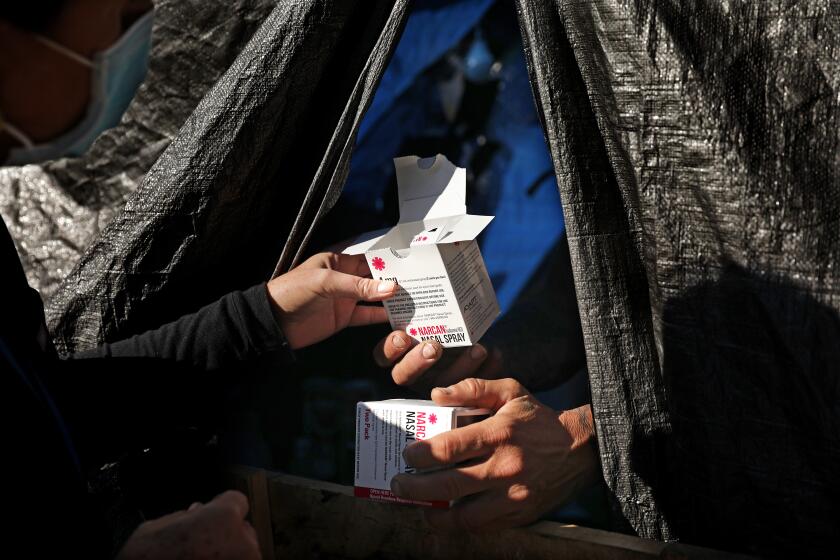Yom Kippur headaches have a cure, physician says. Too bad it’s not kosher in the U.S.
Just in time for Yom Kippur, a study in the September print issue of Headache: The Journal of Head and Face Pain has found a cure for what they’re calling Yom Kippur Headache, a problem that afflicts many people undertaking the 25-hour fast on the Jewish High Holiday.
Too bad, as the Hartford Courant points out, that the solution isn’t FDA approved.
From sundown Friday to nightfall Saturday, Jews observing Yom Kippur will not eat or drink – and that long fast can bring on some pretty rough headaches.
Hartford Hospital physician Michael Drescher and his collaborators gave Yom Kippur observers Etoricoxib (a pain reliever that lasts about 22 hours) and found that just 36.4% of them experienced headaches, compared with 67.7% of those who fasted without taking the drug beforehand. The headache symptoms were generally less severe for those taking the drug too.
The research could also help Muslims who suffer from Yom Kippur Headache’s close relative, First-of-Ramadan Headache. During the Islamic calendar month of Ramadan, which ended last week, Muslims fast from dawn until sunset for 30 days.
Sorry to get your hopes up, America, but unfortunately, Etoricoxib isn’t available in the U.S. But other preventive measures can be taken to ease the fast overall. Here are a few personal, Ramadan-inspired tips:
Don’t overeat in the morning. When I was young, my mother would fill us up with thick naan and greasy parathas, cereal and omelets. She was trying to stuff the entire food pyramid (a debunked and defunct pyramid, I might add) into one frantic meal. As a growing kid, I loved it. Not so much anymore. One: It messes with your metabolism. Two: It stretches your stomach, which makes it more likely you’ll overeat the next time. Three: It feels disgusting.
Avoid sugary food. It’ll cause your blood sugar to surge and then plummet a few hours later, robbing you of energy and leaving your belly growling in the middle of the day. Look for quick and easy protein-rich foods to eat in the morning – an egg, or some almond butter on toast, for example.
Drink water (but not enough to stretch the stomach). Avoid sodas and other sweetened drinks.
Kick the coffee habit. If you’ve got a severe caffeine addiction, start weaning yourself off those five cups of joe in advance of the fast. A friend of mine would start drinking her daily brew at random times over the course of a week. That way, while she was fasting, her body wouldn’t crave the jolt so strongly at specific points during the day.
Take time. Give yourself a few extra minutes in the morning to eat at a measured pace and hydrate as much as is reasonable.
A lot of these suggestions, you’ll notice, are really just tips on eating better in general. And the way I see it, a time of spiritual reflection and improvement may be just the opportunity to start on a healthier lifestyle too.
Any other Yom Kippur or Ramadan tips? Disagree with any of the suggestions above? Post your thoughts below.
-- Amina Khan
Back to the Booster Shots blog.



